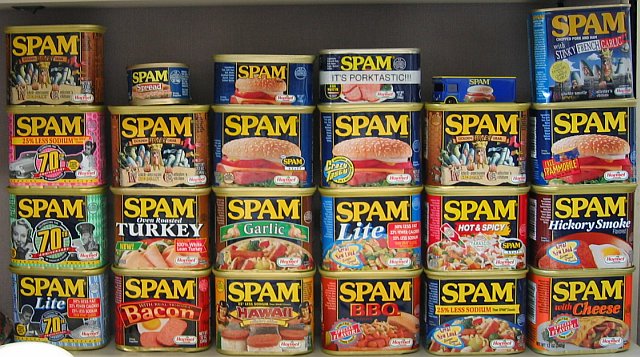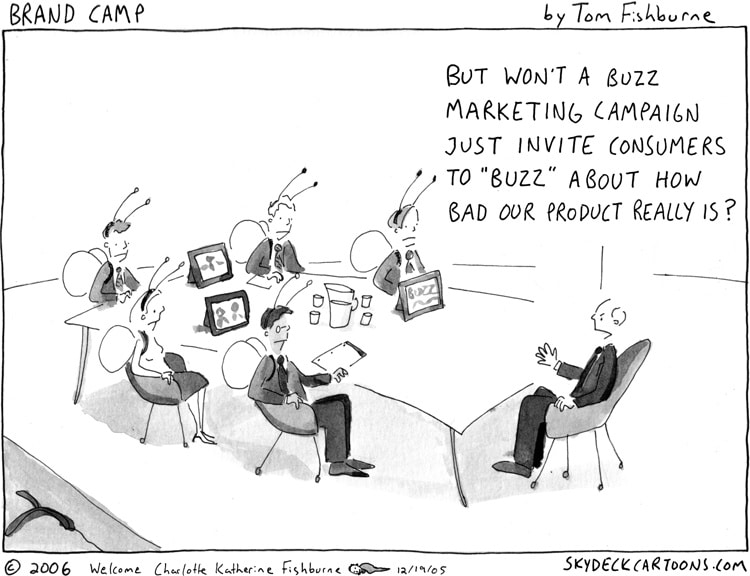Say goodbye to SPAM
By: Bill Powell > September 15th, 2008 > 2 comments

I don’t know about you, but I am tired of SPAM. So what is it exactly and how can you prevent it?
If an email doesn’t meet these criteria, it is considered SPAM (according to the Federal CAN-SPAM Act)
- It bans false or misleading header information. Your email’s “From,” “To,” and routing information – including the originating domain name and email address – must be accurate and identify the person who initiated the email.
- It prohibits deceptive subject lines. The subject line cannot mislead the recipient about the contents or subject matter of the message.
- It requires that your email give recipients an opt-out method. You must provide a return email address or another Internet-based response mechanism that allows a recipient to ask you not to send future email messages to that email address, and you must honor the requests. You may create a “menu” of choices to allow a recipient to opt out of certain types of messages, but you must include the option to end any commercial messages from the sender. Any opt-out mechanism you offer must be able to process opt-out requests for at least 30 days after you send your commercial email. When you receive an opt-out request, the law gives you 10 business days to stop sending email to the requestor’s email address. You cannot help another entity send email to that address, or have another entity send email on your behalf to that address. Finally, it’s illegal for you to sell or transfer the email addresses of people who choose not to receive your email, even in the form of a mailing list, unless you transfer the addresses so another entity can comply with the law.
- It requires that commercial email be identified as an advertisement and include the sender’s valid physical postal address.Your message must contain clear and conspicuous notice that the message is an advertisement or solicitation and that the recipient can opt out of receiving more commercial email from you. It also must include your valid physical postal address.
Since starting Inbox Orange, a permission-based email marketing firm in Lexington, Ky, I’ve had people ask me “so what do you do if someone Spams you?” The answer is Spamcop.net. It is a free Spam reporting service that allows those who receive unsolicited commercial emails to report the sender to their ISP (Internet Service Providers).
Not all ‘Mass’ emails are Spam. If you’ve provided your email address to a business, then expect to receive communication from them, unless you specified otherwise. And if the information is that you receive from that company is not relevant to you, don’t report them, just unsubscribe from their list. According to the law, it should be fast and easy.
I hope to be discussing this more in future posts, including understanding the difference between explicit permission (where one specifically requests to receive info) vs. implicit permission (where permission is obtained from a previous customer/client relationship.)


